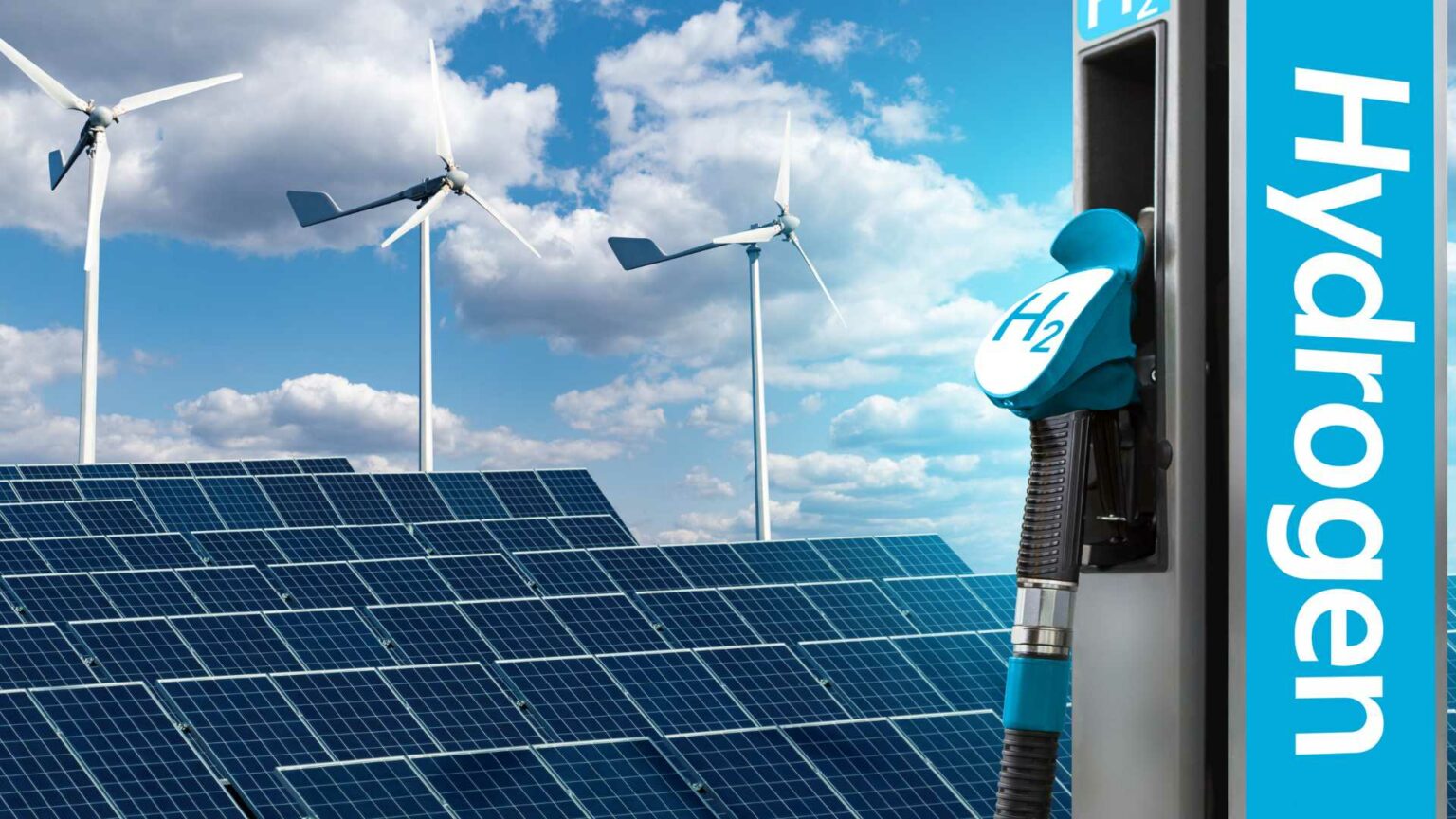The article “Conceptual Design and Optimization of Integrating Renewable Energy Sources with Hydrogen Energy Storage Capabilities” offers fresh insights into enhancing the synergy between renewable energy generation and hydrogen storage.
The study addresses a critical challenge in the hydrogen industry: efficiently integrating intermittent renewable energy sources, such as wind and solar power, with reliable hydrogen storage systems. This integration is essential for optimizing energy use and reducing reliance on fossil fuels.
Key Findings
The research team proposes a conceptual framework that optimizes the use of renewable energy sources by storing excess energy in hydrogen form. The study employs advanced computational models to simulate various scenarios, demonstrating that hybrid systems combining wind, solar, and hydrogen storage significantly improve energy efficiency and reduce waste.
Potential Applications
The findings have profound implications for developing more reliable and efficient energy systems. The proposed integration model can be applied at various scales, from small community grids to large industrial setups. It promises to enhance the stability of renewable energy supplies, making them a viable alternative to conventional energy sources.
Market Relevance
This research could pave the way for more sustainable and economically viable energy solutions in the growing hydrogen market, which is projected to reach significant milestones in the next decade. By addressing the variability of renewable energy, the study could help reduce costs and improve the adoption of hydrogen technologies in the energy grid.
Technical Details and Methodologies
The team designed their hybrid systems using a combination of computational fluid dynamics (CFD) and multi-objective optimization algorithms. These methodologies allowed for precise simulation and optimization, ensuring that the proposed models are efficient and scalable.
